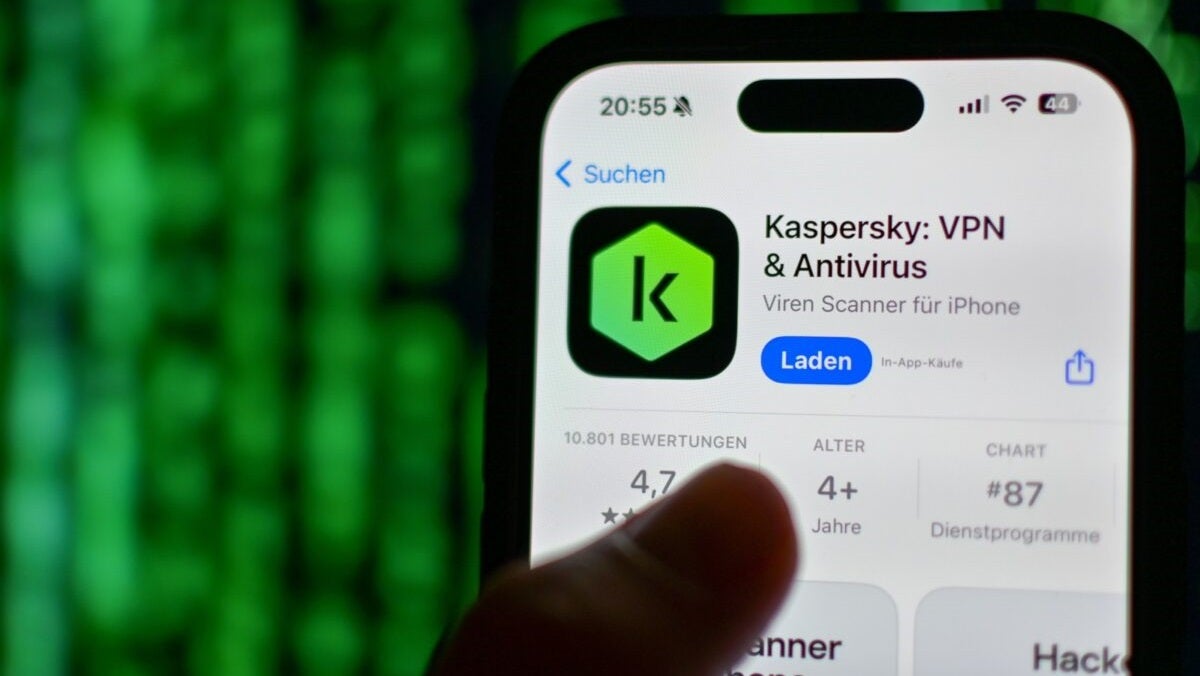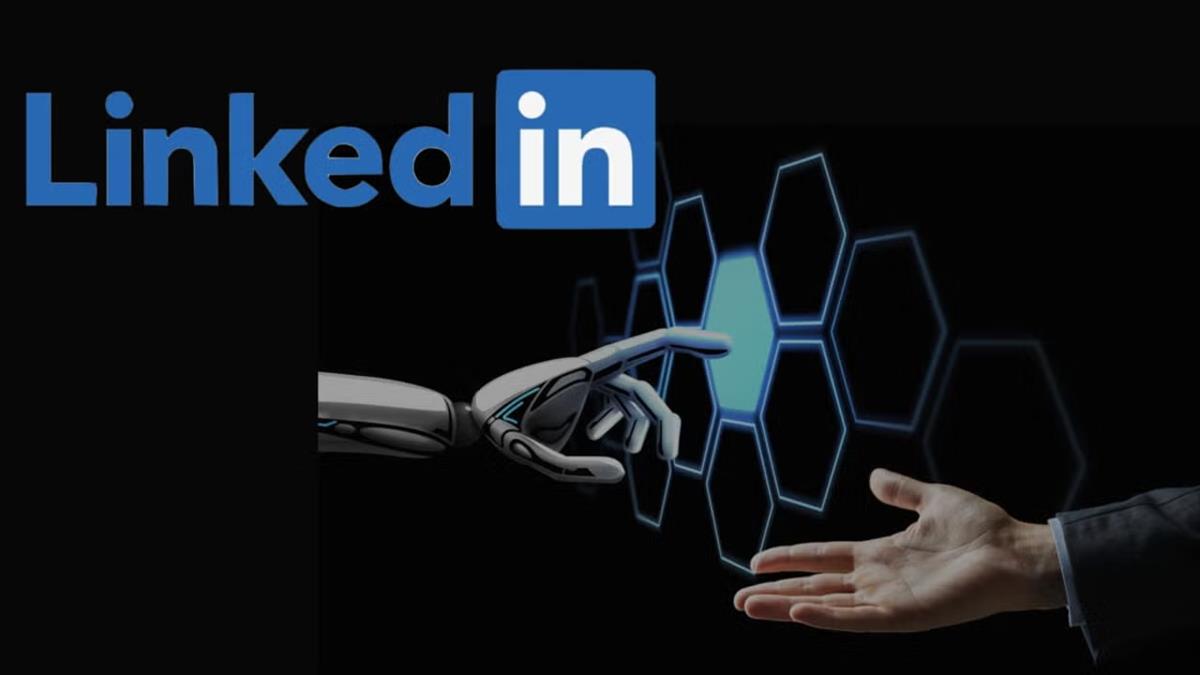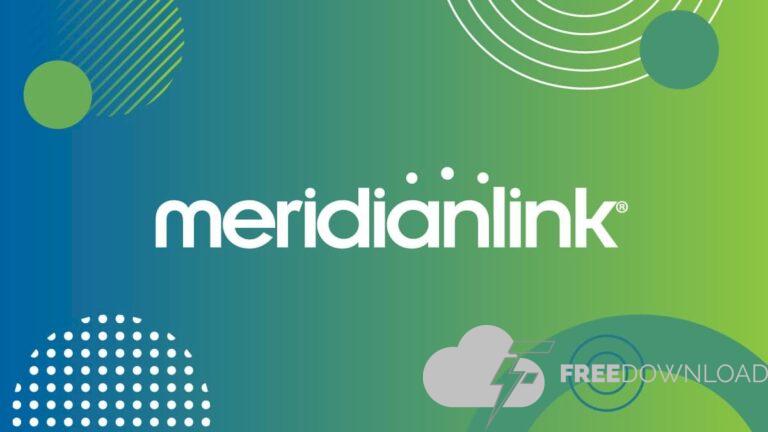Court orders Google to open Play Store to third parties
Google has lost its appeal against a ruling in an antitrust lawsuit filed by Epic Games. The search giant lost the case last year, but had appealed against the decision because it did not want to allow third-party payment systems through the Play Store.
A US District Court judge ordered Google To remove its restrictions and allow alternative app stores to access its app catalog. The Mountain View company will have to follow some strict rules for 3 years and a three-member committee formed by Google and Epic will review the technical issues. The restrictions prevent Google from making deals with other app stores to prevent them from competing with one of its stores. App developers will not be forced to use Google Play billing, and can direct users to their own websites, where they can offer digital products at lower prices.

Google will appeal against the decision, and play the security card, claiming that opening the Play Store to third-party app stores and payment gateways would put Android devices at risk. It has also been argued that Android and iOS compete with each other in the same market, and unlike its rival, Android offers users the ability to sideload apps and the App Store.
Epic Games CEO, Tim Sweeney called the decision a major win for app developers, store creators, carriers, and manufacturers and said Android has 3 years to build a competitive ecosystem without Google's interference.
Kaspersky closes its office in the UK
Russian cyber security firm, Kaspersky, has announced That it has closed its office in the United Kingdom. This news comes in the wake of the recent retrenchment of the company's operations in the United States a few months ago, which was a result of a blanket ban issued by the country for the company's alleged ties to the Russian government.

Kaspersky says it will begin liquidating its UK office operations, and redirect its focus towards local business partners, and this will allow it to improve efficiency in the market. Unlike the ban in the United States, this news will not affect Kaspersky users in the United Kingdom, as the company will continue to provide support through its European staff.
Kaspersky recently faced criticism for replacing its antivirus on its US users' computers with a relatively unknown product called Ultra AV. On a sidenote, Kaspersky products have been removed from the Play Store, affecting users around the world.
October 2024 security updates released for Windows 10 and Windows 11
Microsoft has released October 2024 Security Update For Windows 10 and Windows 11. This is a cumulative update that fixes 117 security issues related to Microsoft products and 4 patches for third-party software.
The update package for Windows 10 version 22H2 is named KB5044273, Windows 11 version 22H2 and 23H2 users get the KB5044285 update, while users on Windows 11 version 24H2 receive the KB5044284 update.

There are some known issues with the update, including a bug that affects Windows 11 version 24H2, which prevents ARM devices from running Roblox from the Microsoft Store. The company recommends downloading the product from the developer's website as a temporary solution to the problem. Specifically, this is the last security update for Windows 11 version 22H2 Home and Pro editions. Users of this version will be forced to upgrade to the newer Windows version.
This is what some users say on Windows 11 24H2 Windows Cleanup Not deleting temporary files properly.
Steam starts warning users that they are buying a license, not a game
Steam users who purchase games on the platform are looking at new warning On the checkout page, i.e. on the shopping cart. The PC Game Store now states that purchases made at the store grant the user a license for the product on Steam. So what is surprising in this? Well, it's essentially a disclaimer that says the buyer doesn't own the game.

The reason Steam is displaying this warning is quite obvious, Valve is preparing itself to comply with the new California law that comes into effect in 2025. Under this law, companies will have to tell the buyer that they are not the owners of the digital content. buy them.
GOG, a DRM-free store, on the other hand, allows you to own the games you purchased, as it lets you save the offline installer for the game on your PC, which you can use to re-install the game at any time. Can to install.
LinkedIn warns users they are responsible for sharing AI generated content
LinkedIn recently made a controversial change that collects users' data without their consent to train its AI. This feature is enabled by default for all users, and will need to be disabled manually.

And now, a new controversy Causing a stir. LinkedIn has issued an update to its terms of service agreement, which will go into effect in November 2024, stating that users are responsible for sharing AI generated content on the platform. Users must review information and edit it before sharing it with others. This seems to be a move to free itself from potential issues that may arise due to users spreading misinformation or harmful content. Microsoft, which owns LinkedIn, has also made recent changes to its policies.
Internet Archive's Wayback Machine breached and millions of users' data stolen
The Internet Archive has been attacked by hackers, who managed to break the Wayback Machine's security protocols. This is a bizarre attack, as the service acts as a library that stores stored data, including web pages, books, etc., for free. according to some reportsThreat actors managed to steal email addresses, usernames, password change timestamps, and other data from over 31 million users.

The hackers shared the data with Have I Been Pondered, a popular breach alert service that shows users if their data has been compromised. A security expert clarified that the data breach did not reveal passwords directly, and instead only bcrypt-hashed passwords that were one-way salted. Therefore, users do not need to panic and reset them.
Although it is unclear how the Wayback Machine was breached, a hacktivist group called Blackmeta claimed it was repeatedly attacking the Internet Archive with DDoS attacks.




